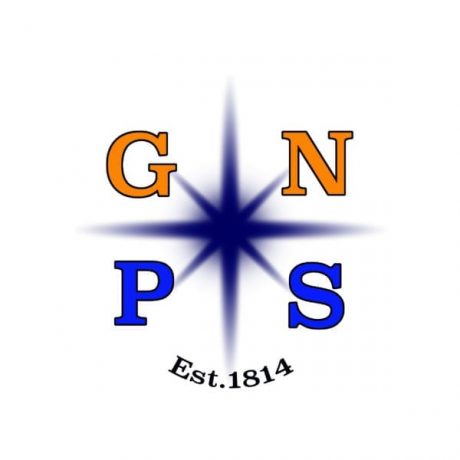The Great Neck Board of Education meeting on Feb. 16 saw the behavior of some community members who were voicing concerns over myriad issues forcing the board to briefly adjourn the session.
During the business portion of the meeting, district resident Alina Parizianu was called to the podium to address a correspondence. Once Parizianu stepped to the podium, board President Rebecca Sassouni asked her to lift her mask over her face, resulting in some audience members laughing and verbally disagreeing with her.
Members of the community urged the board to let Parizianu speak while Sassouni attempted to address her. Some district residents said other officials in the school district had been documented not wearing masks inside.
Ultimately, Sassouni and the board called for a recess so that members of the public could compose themselves and not interrupt the business portion of the meeting. Once the board reconvened, Sassouni said that trustees are doing their best to hear everyone’s concerns on topics like mask mandates and critical race theory, which have been hot-button issues in recent months.
“We are choosing to be here, we are abiding by the rules because it’s the right thing to do and it’s the law at this time,” Sassouni said. “We are role models for a community where we love our children and our schools.”
While Superintendent Teresa Prendergast was giving her report, members of the public continued to attempt to speak over her, with Sassouni criticizing them for their behavior.
“This lack of decorum is inappropriate and Dr. Prendergast deserves our attention, stop it now,” Sassouni told the public.
Residents echoed sentiments made at previous board meetings that the state’s mask mandate, which has since been lifted, was an unnecessary hardship for students.
“The masks are just a symbol of the government enforcing illegal measures on their citizens,” one woman said.
Residents also spoke about a tentative program that could be adopted by the district called the Diversity, Equity and Inclusion program.
The initiative was initially launched by the state’s Department of Education to promote diversity throughout New York’s school districts. Some residents said they feel initiatives like that will promote one race over others and lead to the advancement of critical race theory.
“Why the active pursuit of diversity?” one resident asked. “Why would we value one race or one gender over any other?”
When Parizianu ultimately spoke during the open time, her comments also centered around the potential dangers that the initiative could bring to the school district, saying that the social, emotional learning is an “extreme threat to our youth.”
In November, screenshots from a PowerPoint presentation allegedly featured in an 11th-grade English class at North High School circulated on social media.
Under a slide discussing racism in America, a quote reads, “White people benefit from this system, intentionally or unintentionally, which makes us all (technically) racist, myself included.” The slide also mentions that the word “racist” was used “as an adjective to describe certain language, beliefs, and policies as opposed to racist as a noun to label a person.”
Racism throughout the nation, according to the slide, is also “no better today than it was 200 years ago.”
Some individuals did side with incorporating the diversity initiative into the school district, saying it sheds light on past wrongdoing.
“This is not some lefty agenda indoctrinating children to call their parents and grandparents racist or to feel bad about our present moment in history,” one woman said.
Sassouni said the public comments gave the board “much to think about” before its next meeting, scheduled for March 9 at 7:30 p.m.
In a subsequent phone interview, Sassouni said the issues of critical race theory and state-enforced mandates are not unique to Great Neck and said she appreciated the public’s input. With the district offering the livestream and archived video options for board meetings, the Feb. 16 meeting had more than 2,000 views as of Wednesday.
While the district wants to accommodate those who cannot attend the meetings in person, Sassouni said, some board members have heard residents’ concerns about physically attending meetings due to some of the conduct by community members.
“What has been said to some of us is that, based on the conduct at the meetings, some people are actually feeling fearful of attending, which is a great concern because at the end of the day, our board is a publicly elected board and we really are listening to our community.”
Sassouni said individuals who continue to interrupt, heckle or disrupt the board or a fellow district resident attempting to speak, are making it “nearly impossible” for the board to conduct a proper meeting and tackle the agenda.
According to the state’s Committee on Open Government, there is no obligation for a governing board to hold a public comment session, yet there are no laws specifically given by the state in terms of decorum for a meeting.
“Public bodies can make rules of behavior and if people don’t abide by them, they would be within their rights to say ‘you’re not abiding by the rules’ and either sort of suspend the meeting or move someone away,” Shoshanah Bewlay, executive director of the committee, said.
Sassouni said the board has no plans to remove the public comment portion of the meeting and will continue to livestream the meetings, but is hoping that the behavior of some changes so that others will be more inclined to physically attend meetings and voice their opinions on district matters.

